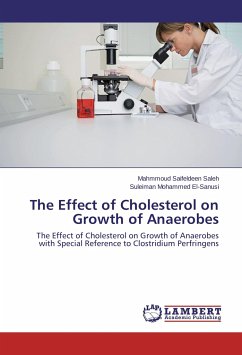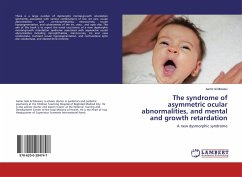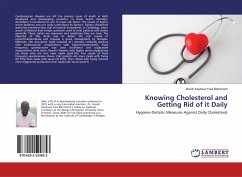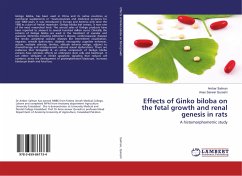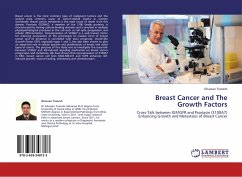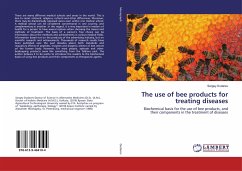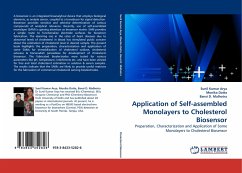Welcome to the effect of Cholesterol on growth of Clostridium perfrigens. This book provides new ideas on the relationship between Obesity and Skin infection especially that is caused by anaerobic bacteria. Clinically significant species of Clostridium includes C. perfringens, which causes food poisoning and gas gangrene throughout the world. Many studies reported that there is a connection between obesity and skin and soft tissue infections. They found that people who were overweight or obese had an 8% greater prevalence of skin infections than people of normal weight. This study will be carried out to assess the effect of cholesterol on growth of anaerobes with one example; Cl. perfringens as a common causative agent of skin infection among anaerobic bacteria. In our study, we found that the people with high Cholesterol level (Hypercholesterolemia) were more susceptible to Clostridial Skin infection (Gas Gangrene), than persons with normal Cholesterol level. These findings support the presumption that Cholesterol enhances the growth of Clostridium perfringens in vitro.

